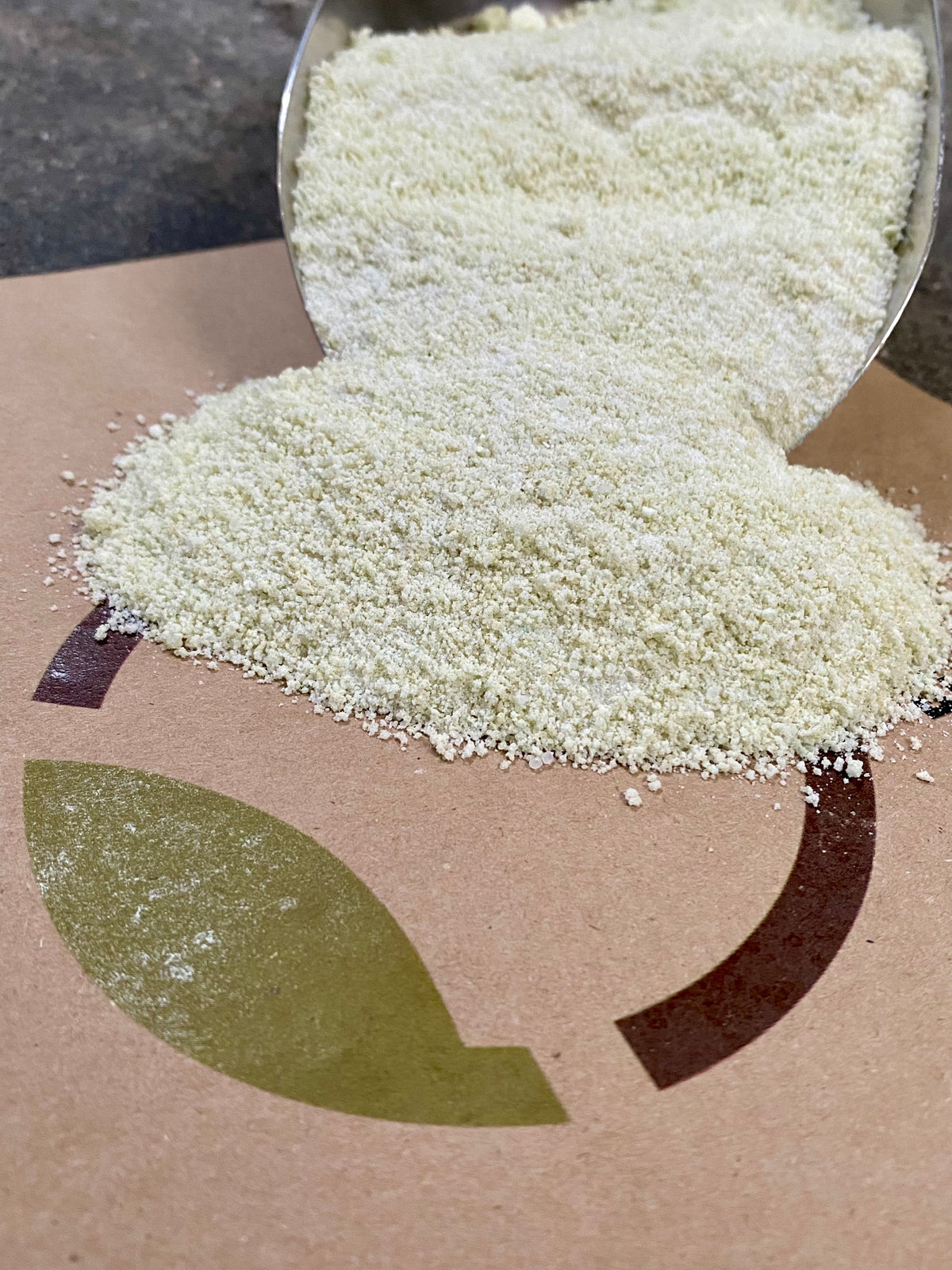Best Fertilizers for Peppers: Enhance Development and Flavor with Our Leading Picks
Best Fertilizers for Peppers: Enhance Development and Flavor with Our Leading Picks
Blog Article
Organic Vs. Synthetic Fertilizers: Which Is Best for Supporting Healthy Pepper Plants?
In the realm of nurturing healthy pepper plants, the option in between synthetic and natural fertilizers stands as an essential choice with far-ranging implications. While both choices objective to supply vital nutrients to sustain plant growth, the nuances of their influence on the soil, plant health and wellness, and the environment trigger a dispute that echoes throughout the gardening neighborhood. Comprehending the unique benefits and potential mistakes of each plant food kind is critical for pepper growers seeking to optimize their yields while maintaining a lasting and eco-conscious technique.
Advantages of Organic Fertilizers
Organic plant foods supply an environmentally-friendly and sustainable technique to beneficial pepper plants, providing necessary nutrients without making use of synthetic chemicals. These all-natural plant foods are originated from natural sources such as garden compost, manure, bone dish, and algae, advertising dirt health and biodiversity. Unlike artificial fertilizers, organic choices release nutrients gradually, ensuring a steady and balanced supply for pepper plants to flourish.
One substantial benefit of natural plant foods is their capability to improve dirt framework and water retention. By boosting soil wellness, natural fertilizers promote valuable microbial activity, which aids in nutrient uptake by pepper plants. Additionally, natural plant foods lower the danger of chemical run-off, protecting water sources from pollution and protecting the environment.
Furthermore, organic plant foods add to lasting dirt fertility by advertising the development of advantageous dirt organisms. These microorganisms assist damage down natural issue, launching nutrients in a type that is easily accessible to pepper plants. best fertilizers for peppers. By cultivating a healthy soil ecological community, natural fertilizers support lasting pepper growing techniques that profit both plants and the environment
Downsides of Artificial Fertilizers
Artificial fertilizers, in contrast to their organic counterparts, posture different negative aspects when utilized to nourish pepper plants, affecting both plant wellness and environmental sustainability. One major disadvantage of artificial fertilizers is their propensity to leach nutrients from the dirt quickly.
In addition, the overuse of artificial fertilizers can contribute to water pollution. Excess fertilizers not taken in by plants can remove into water bodies, bring about eutrophication, where algae flowers deplete oxygen degrees in the water, hurting aquatic life. Artificial fertilizers are generally acquired from non-renewable resources, such as fossil fuels, adding to carbon emissions and environmental deterioration during their manufacturing.
Nutrient Absorption Contrast
When contrasting artificial and organic fertilizers in terms of nutrient absorption, organic fertilizers have the benefit of providing a much more balanced and slow-release source of nutrients. Organic plant foods have a selection of macro and trace elements that are not just advantageous for the plants but likewise advertise healthy soil microbial task, which assists in nutrient uptake.
Furthermore, natural plant foods improve dirt framework and water retention capacity, allowing pepper plants to accessibility nutrients extra successfully. This improved soil top quality promotes origin advancement, enabling far better nutrient absorption. Synthetic fertilizers, although at first increasing plant growth as a result of their high nutrient focus, might hinder lasting nutrient absorption by degrading soil wellness over time.
Ecological Impact Factors To Consider

On the various other hand, synthetic fertilizers, although frequently even more focused and instantly readily available to plants, can have harmful impacts on the atmosphere if not used correctly (best fertilizers for peppers). Their manufacturing needs high power inputs, leading to greenhouse gas emissions and contributing to environment change. In addition, the drainage of excess synthetic fertilizers can pollute water sources, bring about eutrophication and harming aquatic ecosystems.
Ideal Fertilizer Practices for Peppers
To accomplish this, it is crucial to comply with finest fertilizer methods tailored to the certain demands of pepper plants. One crucial practice is to execute a soil test prior to using any kind of plant foods.
Another important method is to feed pepper plants at the right time. Normally, peppers profit from receiving plant food at growing and after visit site that once more when they start to blossom. Over-fertilizing can cause nutrition discrepancies and harm the plants, so it is crucial to adhere to recommended application prices.
Additionally, choosing a well balanced fertilizer with an NPK ratio that suits pepper plants' requirements is basic. Eventually, integrating artificial and natural plant foods carefully can help support special info healthy pepper plants while decreasing ecological impact.
Conclusion

Organic plant foods offer an environmentally-friendly and sustainable technique to nourishing pepper plants, supplying essential nutrients without the use of synthetic chemicals. Unlike synthetic fertilizers, natural alternatives release nutrients slowly, guaranteeing a consistent and well balanced supply for pepper plants to grow.
Artificial fertilizers, in comparison to their organic equivalents, present various disadvantages when utilized to nourish pepper plants, impacting both plant wellness and ecological sustainability. When comparing natural and synthetic plant foods in terms of nutrient absorption, organic plant foods have the advantage of offering a more well balanced and slow-release source of nutrients.Furthermore, organic fertilizers enhance soil framework and water retention ability, permitting pepper plants to discover this access nutrients extra efficiently.
Report this page